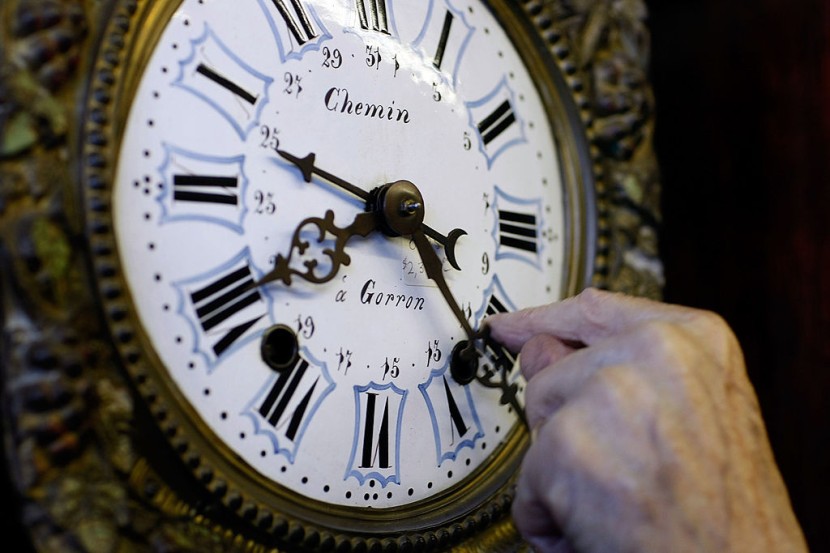
Every spring and fall for the past 80 years, a ritual has taken place across most of America: shifting clocks one hour ahead or behind, referred to as daylight saving time or standard time.
But the Senate unanimously adopted a bill on March 15 that will make daylight saving time permanent across the United States next year, much to everyone's surprise.
Sunshine Protection Act Faces Hurdle in Congress
The Sunshine Protection Act, a bipartisan bill, would eliminate the need for Americans to adjust their clocks twice a year. The House of Representatives, on the other hand, is taking a more deliberative approach.
Since it was originally implemented as a wartime measure in 1942, members of Congress have been interested in the potential benefits and costs of daylight saving time. The proposal will now be sent to the House of Representatives, where the Energy and Commerce Committee will hear it.
Rep. Pete Aguilar (D-Calif.), who represents the Golden State, said lawmakers should evaluate the widest possible range of consequences, including farmers and children waiting at bus stops in the early morning darkness. Rep. Pramila Jayapal (D-Washington) said she has heard from all sides of the discussion about the plan since the Senate passed it without warning, NY Daily News reported.
On Tuesday, the Senate passed the bill by the unanimous accord. Any senator can use the technique to approve a bill without a vote, but only one senator can oppose and block it.
Sen. Marco Rubio (R-Fla.), the bill's lead sponsor, said his office operated a "hotline" on the issue last week, telling other senators' offices that the Florida Republican was seeking unanimous assent to pass the bill.
Sen. Roger Wicker (R-Miss.) had an objection to the bill, according to the staffer, and they expected him to object to its passing. Rubio postponed his attempt to pass the bill until Tuesday to give Wicker time to return to Washington after a travel delay.
Starting in November 2023, under the newly passed proposal, daylight saving time would be made permanent, removing the need for most people to change their clocks at that time of year.
Rep. Vern Buchanan (R-Fla.), who says he is lobbying for a counterpart bill in the House to pass quickly, has echoed Rubio's demand for the House to take swift action on the legislation.
On Friday, Buchanan told The Hill that he believes the bill will pass this year, citing recent statements from Speaker Nancy Pelosi (D-Calif.) expressing openness to the notion as a positive indication.
Daylight Savings Bill Could Affect Health, Sleep
Doctors and researchers from the American Academy of Sleep Medicine are among the most vocal opponents of year-round daylight saving time. According to proponents of standard time, sunlight triggers crucial hormones that power a person's day's activities, and the sooner that process begins, the better.
And because melatonin, which is important for falling asleep, is released after the sun sets, the sooner it happens, the better the chances of getting a decent night's sleep. Dr. Nathaniel F. Watson, a neurologist at the University of Washington Medicine Sleep Center and a spokesman for the sleep academy, said that while permanent standard time would be ideal, changing the clock in spring and fall would still be preferable year-round daylight saving time.
Nonetheless, switching between normal and daylight saving times is connected to a number of detrimental health outcomes, including greater incidences of heart disease and more traffic accidents, according to a 2020 study. As a result, stopping the habit of changing clocks may help mitigate such hazards, per NBC News.
Related Article: Is the Daylight Savings Time Permanent Now? Americans React to Senate Approval of 'The Sunshine Protection Act'
© 2025 HNGN, All rights reserved. Do not reproduce without permission.








